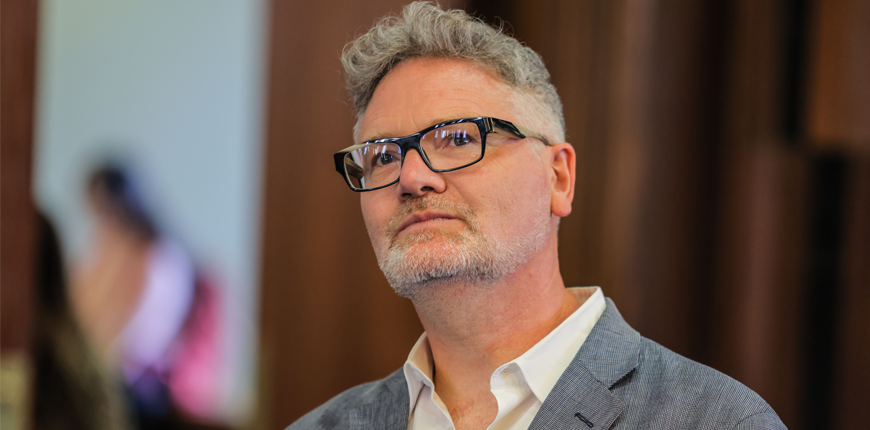Climate change a time for Africa to roar back
- Wits University
The battle for power and profits is on as the world moves towards the green agenda.
The world must not be lulled into believing that global powers are reluctant players in the move towards the reduction of carbon emissions and the adoption of renewable clean energy.
There’s big money and profit to be made in the renewable energy and the green agenda has become a strategic battle between the United States and China says Columbia University’s Professor Adam Tooze, an economic historian.
Tooze delivered a series of talks at Wits university kicking off on 14 March with a talk titled Facing the climate crisis in a world of inequality: Who should pay? Who will pay?
In his talk Tooze highlighted a shift in the framing of discussions about the energy transition. It’s no longer just about justice and ensuring that developing countries get a fair deal and are protected from the harm and loss that will come with climate change.
For Davos – a place where global economic decisions are made, the climate crisis is framed differently.
“It’s all excitement. It’s about the prospects of investments and growth. It’s all about the prospects of who profits from this energy transition,” he said.
“It’s a trillion dollars in extra investments a year, that is not money wasted. Rather it’s a source of profit for a business that can take advantage of this. We cannot hide from the fact that we know how much the energy transition globally could cost.”
The number crunchers in business don’t care about the question of who pays, it’s about who profits, said Tooze.

The battle for materials
Copper is critical in the quest to produce clean energy and it is estimated that the world needs approximately 14% more of the current supply. Copper is used in solar panels, wind turbines, electric vehicles and battery storage. The rising demand for copper and other energy transition materials is also shaking geopolitics.
“One of the effects of this new preoccupation on the side of China, Europe and America with materials is that it recenters Africa. Africa rolls back as a central arena for global political economics. Ten years ago outside of the development-economics world, you would have found it very hard to find Africa expertise in Washington,” said Tooze.
This has progressively changed and is accelerating as the close relationship between China and Africa makes America uncomfortable.
“America’s view of Africa is absolutely channeled by competition with China over raw materials.”
Africa is endowed with minerals that are key to the energy transition and access to these is paramount.
Africa is still vulnerable
Despite its position as a favoured partner in this period in the search for materials, Africa will be the hardest hit by climate change which is set to increase temperatures, and increase the intensity of extreme weather conditions.
A world that is heating by 2 to 3 degrees Celsius will be mostly felt by African countries.
Returning to the question of who will pay for the climate crisis in a world of inequality, Tooze was unequivocal that Africa will pay.
“If we want to be sociologically specific about who will pay, young Africans and their immediate descendants who are going to transform the demographic picture of the world in a way that we have never seen; and for whom this question of justice has to be the central question (of who will pay).”
Africa has also lost strategic partners in the fight for justice as India, a key ally has changed positions.
“India, who was once upon a time the driver of the climate justice question, is about to defect on Africa as it is moving to the other camp as it has now become one of the largest emitters of carbon emissions. India has overtaken Europe and many members of the industrial revolution. India is now playing for power and money and positioning themselves as the quintessential players in the renewable energy transition.”
Africa’s position is different to that of the other vulnerable players in the system.
Which cards should Africa play?
The renewable energy revolution is a giant gift to Africa due to its wind and sun power and is a promising zone. This is in addition to the energy transition materials.
Tooze’s advice to South Africa, and the continent, is to position itself as a favoured partner.
“Your leverage has got to be crucially not just on other governments but on the corporations that are making these strategic decisions because they govern how you are going to be inserted into this system. What you need to do is to position yourself [South Africa] as a favoured partner.
“Where else are they going to get wind and solar power?”. However, for the country to maximise on this opportunity it also has to resolve the question of its infrastructure, and leverage the resources needed to ensure that the transition happens in a way that is beneficial for the majority.

